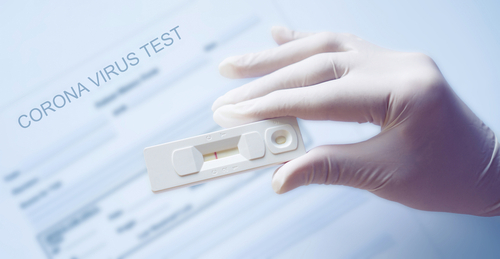
A month after the federal government announced it would provide 150 million Abbott BinaxNOW COVID-19 tests throughout the United States, states have begun detailing how they, in turn, will utilize those tests for maximum effect.
For most of the 32 states and the District of Columbia, which have responded, this means deployment to local health departments, K-12 schools and higher education institutions, nursing homes, hospitals, and correctional facilities. Assistant Secretary for Health Adm. Brett Giroir noted that this, combined with personal responsibility, will help prevent further outbreaks of the disease, as many experts fear the United States is heading for a fall surge.
“To protect seniors and to facilitate the continued re-opening of schools, businesses, and the economy, the Trump Administration prioritized scaling-up our state and national point of care testing capacity,” Giroir said. “Through strategic deployment of rapid tests to higher-risk individuals, accompanied by Federal surge- testing of individuals where there are outbreaks – as was the case this summer in multiple Sunbelt states – our national plan to provide the right test, at the right time, to the right person is working.”
He stressed that there is no way to test out of the pandemic and that precautionary measures are still required, despite fatigue surrounding the virus having set in for many.
Not all states have prioritized the same. While many went for the above efforts, Alaska is also opting to send tests to oil drilling sites, Mississippi to veterans’ homes, Nevada to tribal health clinics, and Colorado to local public health agencies, where they will be used to test homeless people.
While all of these efforts will benefit from the federal government’s 100 million provided tests, the remaining 50 million purchased tests will be dispatched directly to settings such as nursing homes, assisted living facilities, home health, hospice, the Indian Health Service, and historically black colleges and universities.




